From Guatemala to Somalia, from Timor-Leste to Switzerland, and from Cyprus to Kenya, we interviewed 21 fellow peacebuilders that have made a difference in Interpeace’s 30-year history. Partners, staff and former colleagues, from around the world, share with us stories of hope illustrating that peace is possible.
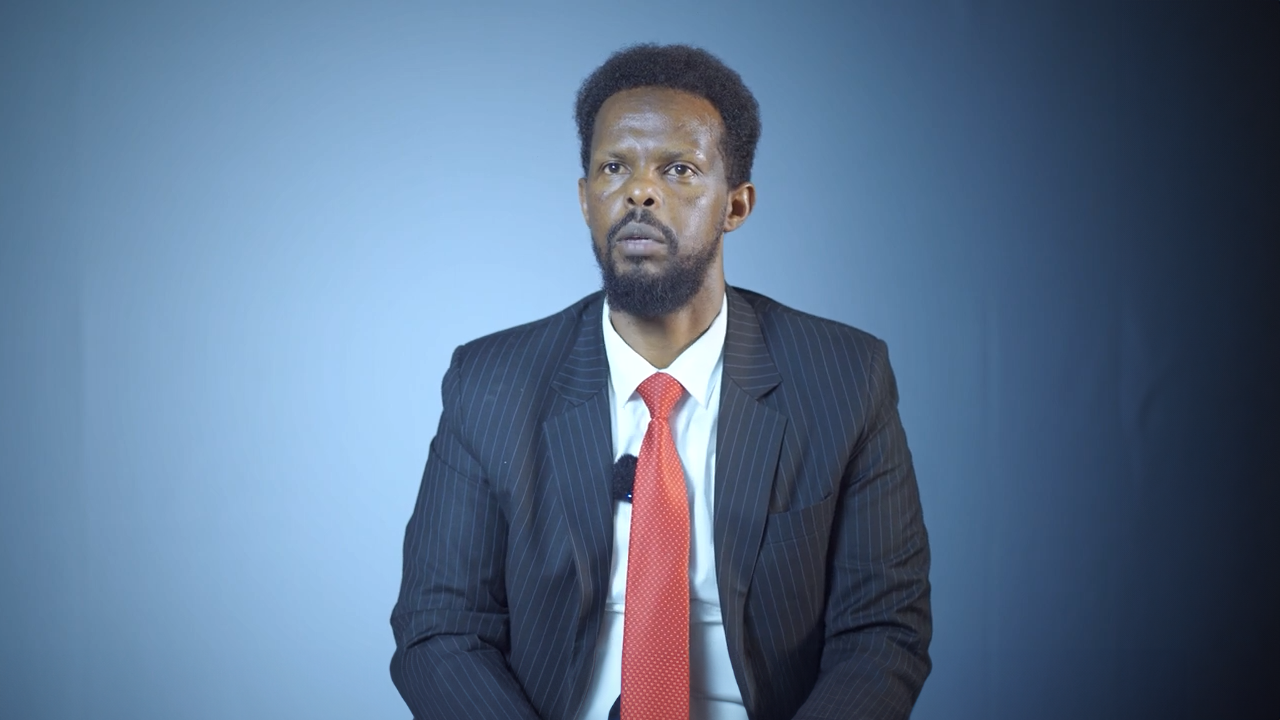






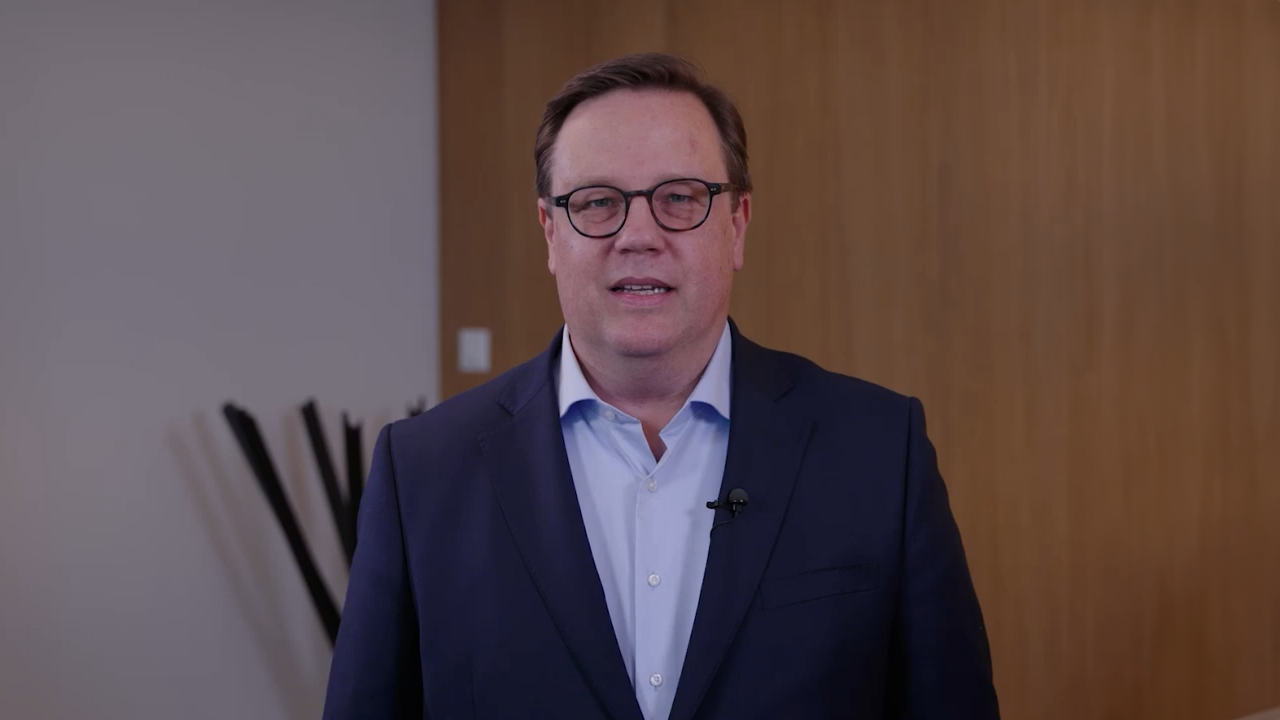
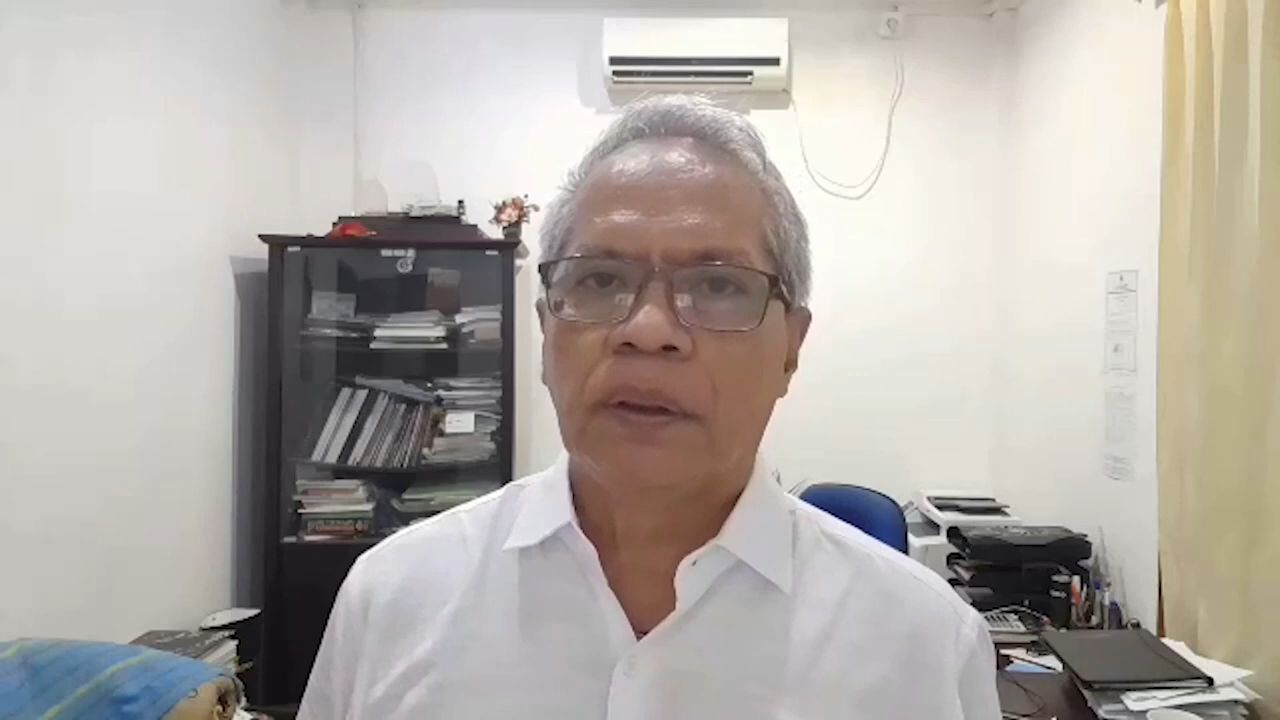

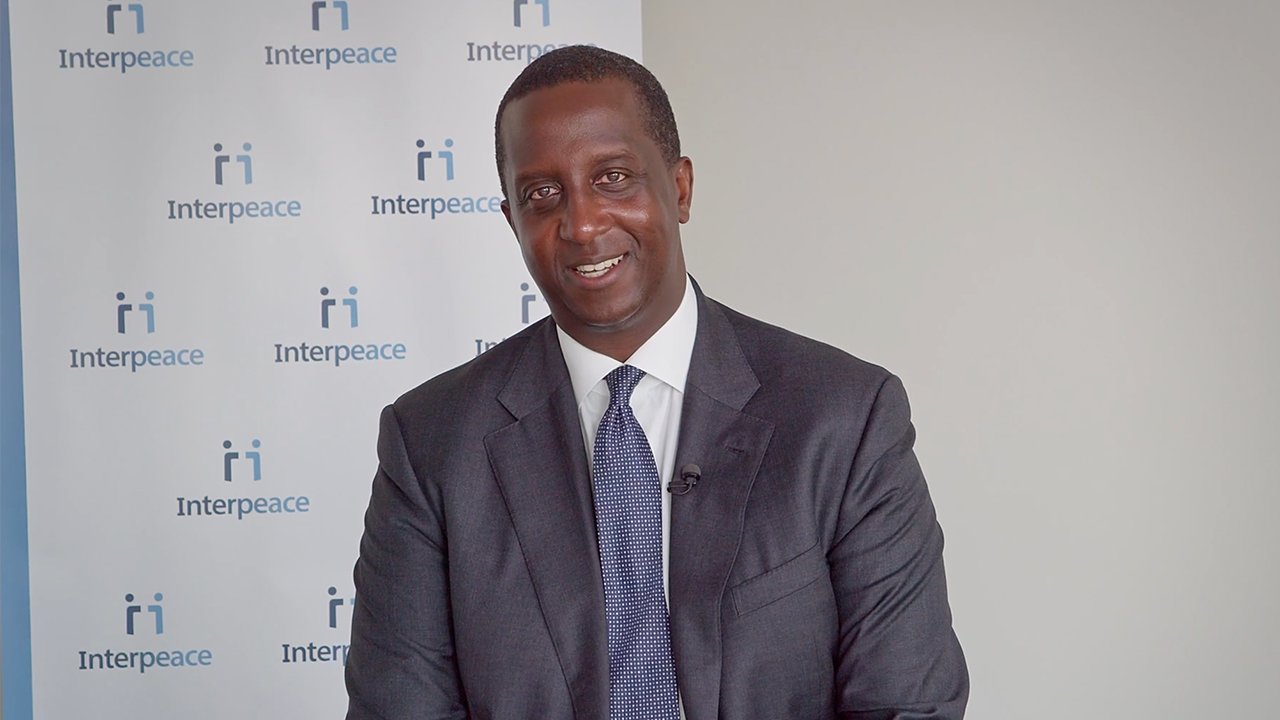

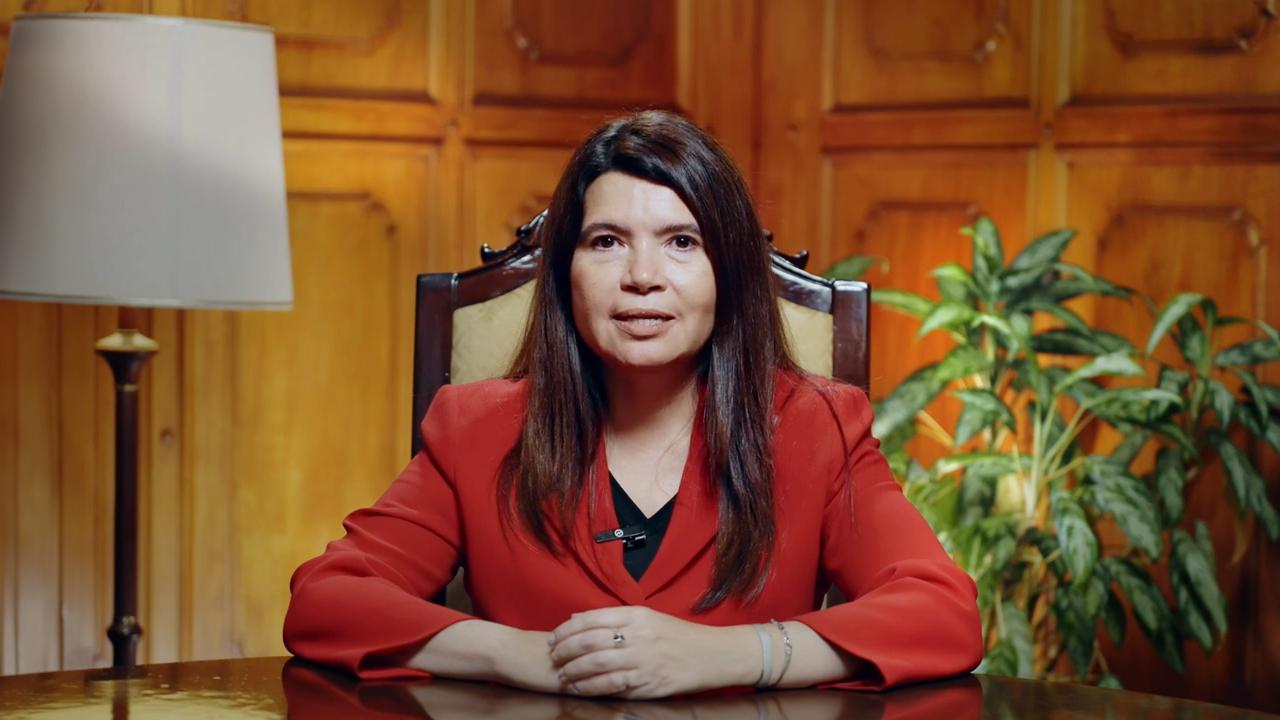








30 years working in over 20 countries around the world has shown us that peace is possible
Long-term commitment as a key principle to build sustainable peace
Mohamed Farah
Executive Director, Academy for Peace and Development (APD)
“APD and Interpeace have forged a strong partnership rooted in shared values and principles key for effective peacebuilding.”
Mohamed Farah reflects on APD’s extensive collaboration with Interpeace over the past three decades. He highlights key initiatives like Dialogue for Peace, Pillars of Peace and Talo Wadaag, which have focused on peacebuilding, conflict management, and strengthening state institutions in Somaliland.
The relevance of peace responsiveness
Martina Zapf
General Manager, Development Intelligence Lab
“…we were trying to put these commitments into reality and practice.
And so, we started to develop an operational approach, which is called peace responsiveness.”
Martina Zapf, a former Interpeace staff member, reflects on her decade-long experience with the organisation. She highlights Interpeace’s significant contribution to integrating peacebuilding into humanitarian and development work, particularly through the innovative approach of peace responsiveness.
Why localisation matters
Dr. Severin Kouamé
Executive Director of the NGO Indigo Côte d’Ivoire
“When a society, assailed by its own contradictions, experiences conflict, this society needs to go into itself, into the depths of itself, to find the components from which to build peace.”
Dr. Severin Kouamé recounts Interpeace’s initial work in identifying legitimate local leaders in Ivory Coast to spearhead peacebuilding, allowing structures like Indigo to emerge. He emphasises building local capacities and leadership as crucial for long-term peace and social cohesion.
Interpeace's Track 6 methodology
Nené Konaté Traoré
Vice-President of the Board of Directors, IMRAP
“This exploratory research process made it possible to confirm the need for Malians at the time to reweave the social fabric which was badly crumbled since even before 2012…”
Nené Konaté Traoré, an expert in decentralisation and governance, shares insights from her work with Interpeace since 2012. Highlighting a collaborative study with Malian experts, she discusses the need to mend the country’s frayed social fabric due to ongoing crises.
Interpeace's peacebuilding principles & approach
Bernardo Arévalo de León
President of the Republic of Guatemala
“The ‘War-Torn Societies Project’ was predicated upon the principle that the external actors can come and create conditions, but it was the local actors that would actually lead the process and not only lead the process but also be the source of learning and inspiration for all of us.”
President Bernardo Arévalo de León reflects on Interpeace’s engagement in Guatemala following the three-decade-long armed conflict in 1997. He highlights Interpeace’s foundational principle that external actors can create enabling conditions, but local actors must lead and own the peacebuilding processes. President Bernardo Arévalo de León commends this approach as impactful and mentions how working alongside local colleagues across regions like Latin America and Africa inspired learning and shared insights for Interpeace staff, shaping their understanding of effective peacebuilding processes.
Interpeace's engagement in the Sahel region
Cheick Fayçal Traoré
Interpeace Regional Political Advisor, West Africa
“It is essential that we have inclusive dialogue, internal to the different communities, to solve the problems themselves and provide best solutions.”
Cheick Fayçal Traoré discusses Interpeace’s peacebuilding efforts in the Sahel region since the early 2010s. He emphasises the importance of inclusive dialogue within communities to solve problems and find localised solutions. He also highlights the severe security threats and displacement crises facing millions in the Sahel region, requiring urgent attention and coordinated efforts from the international community.
Overcoming exclusion through dialogue
Nene Morisho
Director of Pole Institute
“Our work with Interpeace in establishing the provincial meditation commission (CPM) in Ituri was so successful that the provincial government decided to make it an official institution.”
The collaboration between Interpeace and the Pole Institute is a testament to their shared commitment to achieving inclusive governance for peace in the Democratic Republic of Congo (DRC). Nene Morisho highlights Interpeace’s collaboration in establishing cross-border dialogue platforms mediation commissions and facilitating conflict resolution between displaced groups and the communities hosting them.
Innovation as an essential part of Interpeace's DNA
Scott Weber
President and CEO of Peaceinvest
“The very birth of the War-Torn Societies Project, the very birth of Interpeace, was an innovation in itself. And that spirit of innovation remained throughout the life of the organisation.”
Scott Weber, the former Director General and President of Interpeace, reflects on the organisation’s innovative spirit and highlights its role in sharing the Principles for Peace Initiative, the first-ever standards for peace processes, born from on-the-ground experiences. He also discusses Interpeace’s pioneering work on peace responsiveness, integrating peacebuilding principles across various sectors like humanitarian affairs and health.
Sustainability of peacebuilding efforts
João Boavida
Executive Director of the Centre for Peace and Development (CEPAD)
“Interpeace’s support was instrumental in establishing CEPAD, enabling us to address key challenges in Timor-Leste through collaborative research and dialogue.”
João Boavida shares CEPAD’s two-decade-long engagement with Interpeace. Founded with Interpeace’s support in response to Timor-Leste’s 2006 crisis, CEPAD focuses on good governance and anti-corruption. Through the Programme of Research and Dialogue for Peace (PRDP), they mapped critical obstacles to sustainable peace and development in Timor-Leste and developed actionable recommendations. He highlights Interpeace’s role in establishing CEPAD and enabling collaborative research and dialogue to address the country’s challenges.
30 years fostering trust across the world
Renée Larivière
Senior Director of Programme Management, Interpeace
“Building trust is a fundamental principle at Interpeace, as it is the very foundation of building sustainable peace.”
Renée Larivière outlines Interpeace’s approaches to fostering trust, including creating inclusive dialogue spaces, understanding conflict dynamics, and empowering local leaders. She also highlights key lessons, such as the time-intensive nature of trust-building, the critical roles of youth and gender dynamics in conflict and peace, and the need for adaptable, courageous journeys without quick fixes.
Fostering social cohesion in Rwanda
Apolinaire Mushinziman
Researcher, Never Again Rwanda
“The research and the work Interpeace conducted with Never Again on societal healing was key in defining how various institutions can contribute to the healing of the society.”
Interpeace began its work in Rwanda in 2002. Apolinaire Mushinziman recounts Interpeace’s role in the foundation of the Institute of Research for Dialogue (IRDP), introducing innovative conflict resolution approaches. He emphasises Interpeace’s pioneering Participatory Action Research methodology, empowering local actors to identify challenges and solutions. This was achieved through fostering dialogue across diverse groups in the aftermath of the 1994 genocide against the Tutsi.
Inclusive peace
Ana Glenda Tager
Private Secretary to the President of Guatemala
“Inclusion is fundamental for any peacebuilder because depending on the levels of inclusion achieved in a process, it can be more sustainable over time.”
Ana Glenda Tager, who previously served as the Regional Director for Latin America at Interpeace, explains our work with the Colombian National Police as a prime example of inclusive engagement. Through surveys, dialogues, and capacity-building, Interpeace supported the development of a peacebuilding model to bridge divides between communities and the National Police, especially in conflict-affected areas.
Climate change and peacebuilding
Hassan Ismail
Interpeace Country Representative, Kenya
“We are diversifying our peacebuilding approach to create the structures between communities so they can be able to dialogue and agree on how to share natural resources.”
Interpeace has been actively involved in Kenya since 2014. At present, we are focusing on mitigating the impacts of climate change, especially in the northern region, which is grappling with persistent social and economic disparities. This region faces additional challenges due to climate change, leading to heightened tensions over access to essential resources. Hassan Ismail discusses the connection between Interpeace’s peacebuilding efforts and the facilitation of community cohesion, dialogue, and arrangements for sharing natural resources amidst climate pressures.
Empowering women in the peacebuilding process
Hind Kabawat
Founder and President of Tastakel and Interpeace Governing Board Member
“Women 's participation is important in the peace process for several reasons. First of all, they are the most affected by the war. They are the ones that need to be at the table to bring their perspective, and they know more about what is going on in the conflicts.”
As a founder of Tastakel, a non-profit organisation founded in 2015 by diverse Syrian women, Hind Kabawat passionately advocates for women’s participation in peace processes. She acknowledges her involvement with Interpeace as a source of valuable learning that informs her work in building the capacities of women peacebuilders and students.
The origins of Interpeace
Matthias Stiefel
Founder and former President of Interpeace
“It requires an enormous amount of humility on behalf of external actors because they are always tempted to see the locals as a failed society rather than seeing that they actually carry the solutions in themselves.”
Matthias Stiefel, the founder of Interpeace, reflects on the organisation's journey from its inception as a project in 1994 to its current status as a global peacebuilding institution. Drawing from personal experiences with the UN during the end of the Cold War, he discusses the changing nature of conflict and the need for a comprehensive understanding of its root causes.
The peace dividend of local partnerships
Ali Farah
Executive Director, Puntland Development Research Center (PDRC)
“PDRC and Interpeace share several principles and values, including peace, which is about resolving conflict without violence, respect for local culture, and the belief in the power of local capacities, ideas, and solutions.”
Key lessons learned in 30 years
Abiosseh Davis
Head of Global Design, Monitoring, Evaluation, and Learning, Interpeace
”What we’ve learned is that it goes beyond local ownership; it is also about fostering local leadership.”
Abiosseh Davis reflects on Interpeace’s key learnings over the past 30 years, categorising them into three areas: affirmations of our guiding principles, the evolution of our working methods, and new insights that shape how we support communities affected by conflict.
Peace Responsiveness in practice
Mencham Borja Funy
Director of Voz di Paz
“Voz di Paz and Interpeace’s work has always been in the peacebuilding scope with a focus on youth and women’s inclusion in decision-making and strengthening good governance.”
Mencham Borja Funy elaborates on Voz di Paz’s long-standing partnership with Interpeace since 2007. Voz di Paz, initially an INEP programme and later an independent NGO, has collaborated with Interpeace in peacebuilding efforts focused on youth and women’s inclusion in decision-making, good governance, justice, health, and conflict prevention and management in Guinea-Bissau.
Evidence-based peacebuilding
Dr. Ilke Dagli-Hustings
SeeD’s Director General
“I strongly believe that evidence-based peacebuilding, underpinned by robust methodologies and participatory practices, is not only the ethical way that helps peace architects uphold the do no harm principle, but also the responsible way of utilising our scarce resources, time and energy.”
Dr. Ilke Dagli-Hustings details Interpeace’s and SeeD’s joint efforts in developing innovative, evidence-based solutions for societal healing, fostering resilience, and advancing the field of evidence-based peacebuilding. She outlines the ethical and responsible nature of both organisations’ approaches.
Empowering Yemen’s youth for peace
Maged Alkholidy
Chairperson of Youth Without Borders Organisation
“We feel proud that Interpeace is a good partner, working with us to empower young men and women to be changemakers, peacemakers and life savers in Yemen.”
Interpeace has had a four-year partnership with Youth Without Borders, a Yemeni civil society organisation. Focusing on the Youth, Peace, and Security (YPS) agenda and community resilience, Maged Alkholidy highlights our collaborative work in capacity building, empowering and advocacy work in raising critical issues with decision-makers and the international community.
Shaping the future of peacebuilding
Itonde Kakoma
President, Interpeace
“Over these 30 years, our vision of advancing peace is all rooted in basic principles, not the least of which is humility. You cannot advance peace alone.”
Itonde Kakoma highlights the foundation of Interpeace amidst global upheaval and its dual focus on policy change and community engagement. He honours contributions to peacebuilding, mental health advocacy, while paying tribute to influential leaders and colleagues.
